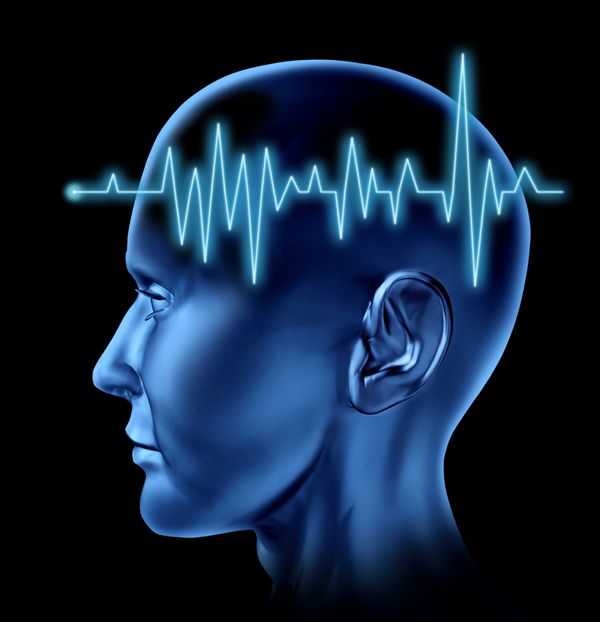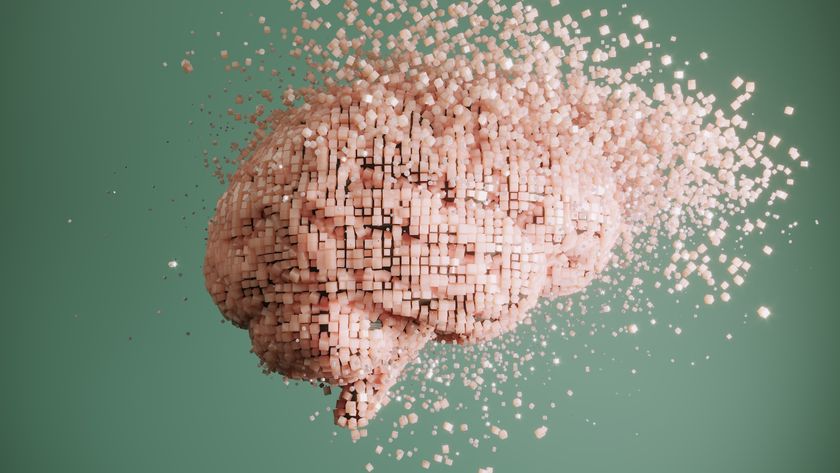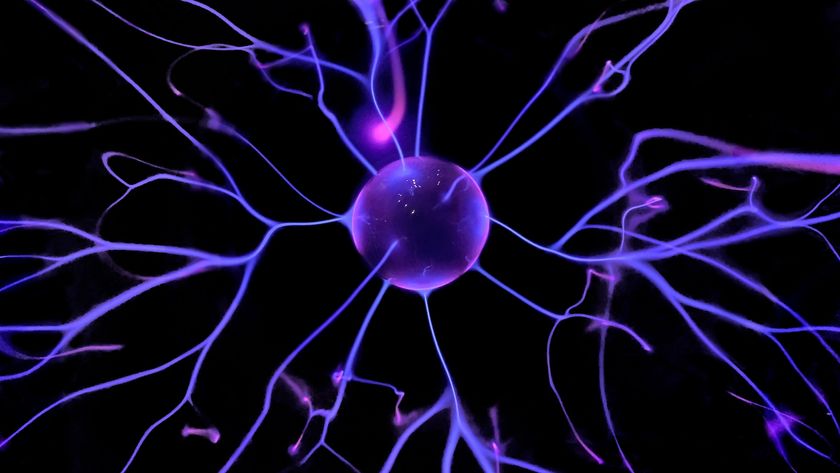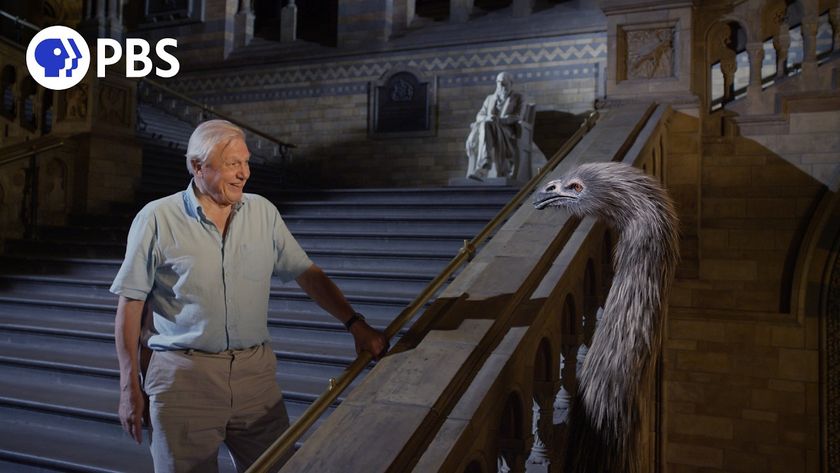Where Did I Park? Brain Treatment May Enhance Spatial Memory

One type of memory can be improved by sending electrical pulses into the brain, a new study suggests.
In the study, patients with epilepsy who were treated with deep brain stimulation showed enhanced spatial memory, the type of memory you need to find your car in a parking lot.
The study was small — just seven patients — and it's unclear whether the findings would apply to people without epilepsy, or if the technique could improve other types of memory, such as the ability to remember events in your life.
Still, these early findings suggest deep brain stimulation may improve memory in people with memory impairments, such as those with Alzheimer's disease, the researchers said. More research is needed to see if this is indeed the case.
The study will be published Feb. 9 in the New England Journal of Medicine.
Brain stimulation
Deep brain stimulation has previously been shown to help with symptoms of Parkinson's disease and obsessive compulsive disorder.
Sign up for the Live Science daily newsletter now
Get the world’s most fascinating discoveries delivered straight to your inbox.
Patients in the new study had previously had electrodes implanted in their brains, to locate the origins of their seizures.
The patients played a video game in which they drove a taxi though a virtual city and had to pick up and drop off passengers at specific locations. Meanwhile, the researchers stimulated either the hippocampus, which plays a role in forming memories, or the entorhinal cortex, a sort of "doorway" into the hippocampus, through which brain signals must pass before memories are formed.
The researchers stimulated the brain as the participants learned how to get to some, but not all, of the drop-off locations.
It turned out, participants better remembered the routes to the drop-off locations when deep brain stimulation had been used. They got there faster, and chose a shorter route to those locations on subsequent trips.
"They even learned to take shortcuts, reflecting improved spatial memory," said study researcher Dr. Itzhak Fried, a professor of neurosurgery at the University of California, Los Angeles.
However, only stimulation at the entorhinal cortex, not the hippocampus, had an effect on spatial memory, Fried said.
"It is possible that with stimulation, we are 'helping' the hippocampus form memories more strongly by manipulating the information that enters the hippocampus," said study researcher Nanthia Suthana, a postdoctoral researcher at UCLA.
Enhancing memory
Because the brain stimulation was delivered only while participants were learning, the findings suggest that such stimulation would not need to be continuous in order to improve memory, Fried said. This could mean that a device implanted in the brain could be designed to switch on only at certain times during daily activities, in order to boost memory, Fried said.
The findings are "highly intriguing," and are in line with the results of some previous animal studies, said Dr. Benjamin Greenberg, a psychiatrist at Brown University and at Butler Hospital in Providence, R.I., who has researched deep brain stimulation but was not involved in the new study.
However, it's way too soon to say whether the findings with apply to Alzheimer's patients, Greenberg said. And even if deep brain stimulation is found to improve memory in Alzheimer's patients, the effects might be temporary, if they do not counter the brain degeneration that occurs in people with that disease, Greenberg said.
A 2010 study of continuous deep brain stimulation on six Alzheimer's patients for one year found the therapy improved the use of sugar by the brain, but did not significantly improve memory. The therapy appeared safe, and the researchers said the idea warrants further testing.
Pass it on: Deep brain stimulation appears to enhance memory in epilepsy patients.
This story was provided by MyHealthNewsDaily, a sistere site to LiveScience. Follow MyHealthNewsDaily staff writer Rachael Rettner on Twitter @RachaelRettner. Find us on Facebook.

Rachael is a Live Science contributor, and was a former channel editor and senior writer for Live Science between 2010 and 2022. She has a master's degree in journalism from New York University's Science, Health and Environmental Reporting Program. She also holds a B.S. in molecular biology and an M.S. in biology from the University of California, San Diego. Her work has appeared in Scienceline, The Washington Post and Scientific American.


